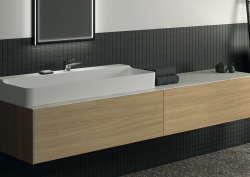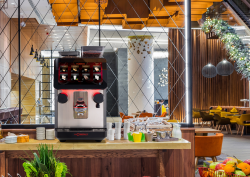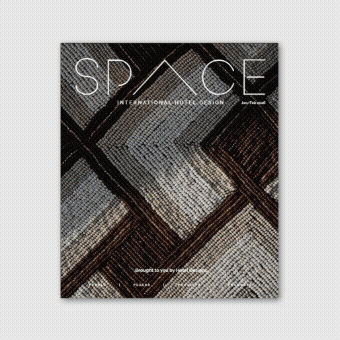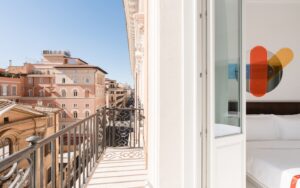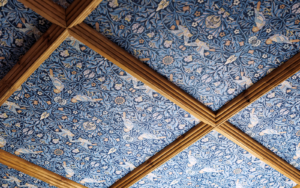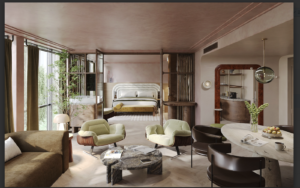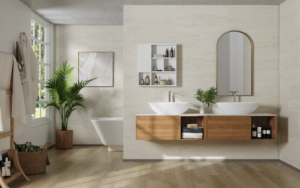Duravit is constantly researching innovative and ecological materials to help reduce CO2 emissions to enable durable and sustainable products to be manufactured. We take a look below the surface of things to find out just how this is done…
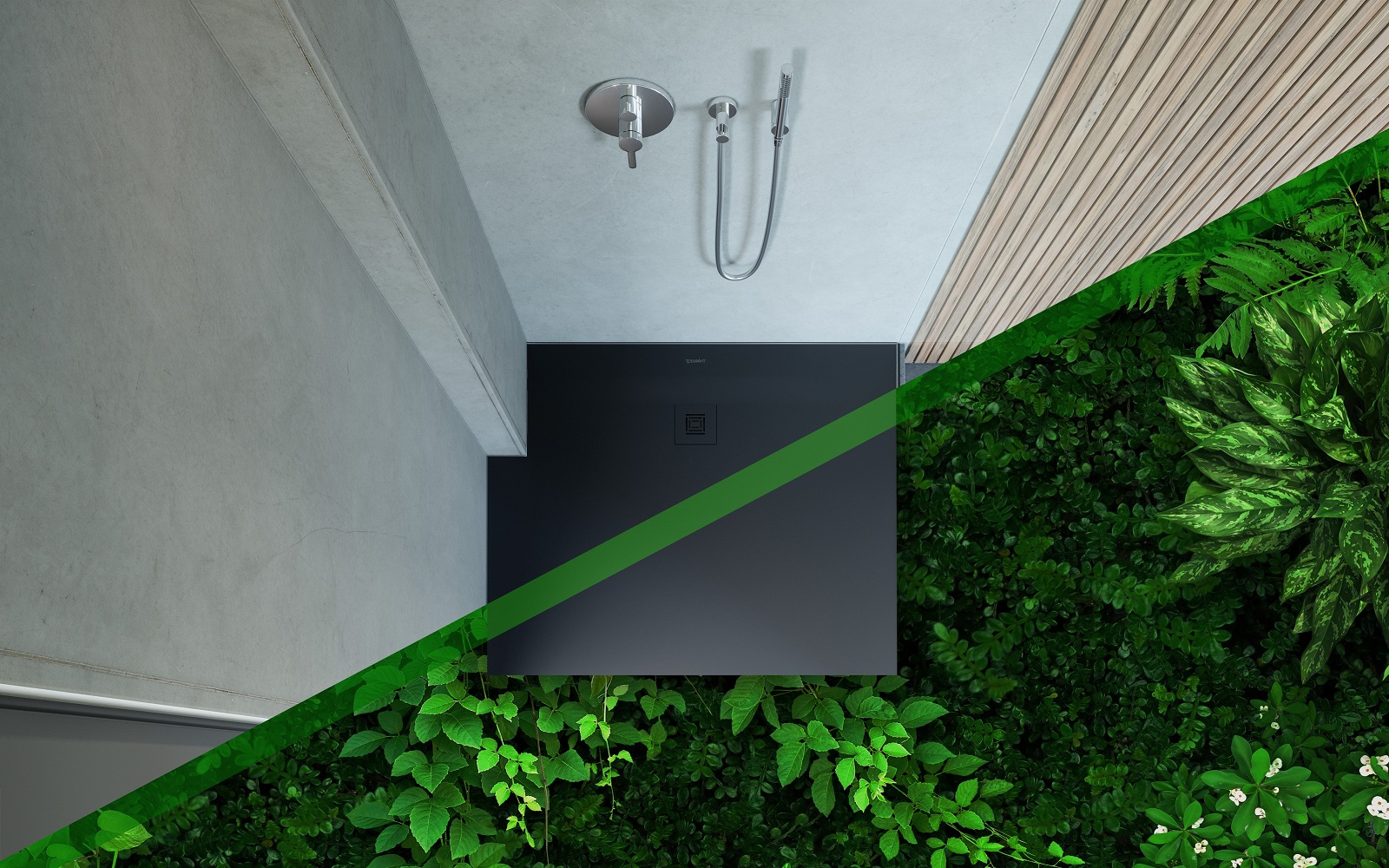
With responsibility to the environment, employees and future generations always at the forefront of its designs and bathroom innovations, Duravit walks us through the materials and products that address the concerns of sustainability and durability in the realm of bathroom design.
Ceramic sanitary products are unquestionably among the most durable and robust of all, being easy to care for, resistant, scratch-proof, and heat-proof. The use of natural raw materials in the manufacturing processes includes clay, kaolin, quartz, and feldspar, all of which are available globally. This means that Duravit’s international manufacturing sites can source and process the basic materials from their own regions. The shorter transport routes reduce CO2 emissions, whilst guaranteeing secure, stable and local sourcing of raw materials.
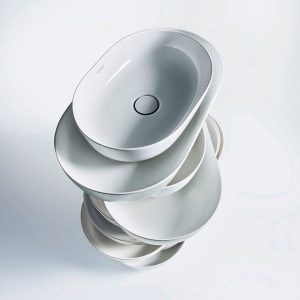
Image credit: Duravit
The DuraCeram material used by Duravit is testament to how high design standards and sustainability can be combined. Conventional bathroom ceramic has a wall thickness of 12 to 14 mm, but DuraCeram offers a thinner wall without sacrificing strength. The delicate design of the washbasins means they are 28 per cent lighter, further reducing the consumption of raw materials. DuraCeram has enabled Duravit to save an average of around 60 tonnes of raw materials each year since 2016.
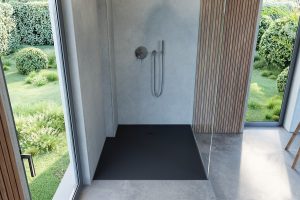
Image credit: Duravit
DuroCast Nature is another brand innovation that sees Duravit take a pioneering role in recyclable materials, as the mineral material is made from polyurethane mixed with marble powder and sealed with a gelcoat surface. This composition gives the material excellent properties making it robust, UV-resistant, easy to clean, with maximum anti-slip properties on the matt surfaces. It is perfect to use in the bathroom, which is why Duravit has developed Sustano, its first recyclable shower tray. Thanks to a low weight, Sustano shower trays are lighter to transport, which in turn helps reduce CO2 emissions, and at the end of their useful life, the DuroCast Nature shower trays can be returned to Duravit or a local recycling centre. In keeping with the life-cycle principle they can then be made into new shower trays, or processed for other industrial purposes.
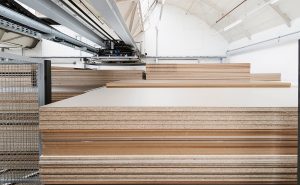
Image credit: Duravit
The bathroom is a challenging place for wood as a raw material as temperature fluctuations and the prevalence of moisture place a great strain on the material. Because of this, the bathroom furniture made by Duravit attaches great importance to surface treatment, as ultimately, a sealed surface is crucial for bathroom furniture to prevent moisture from getting into the wood. A high quality finish ensures the products durability. Quality is a key factor in the process and is integrated at every step, from the moment the raw materials are selected through to delivery to the Schenkenzell site where Duravit’s bathroom furniture is manufactured. The production process here is PEFC-certified and this quality seal ensures sustainable forestry.
Duravit is one of our Recommended Suppliers and regularly features in our Supplier News section of the website. If you are interested in becoming one of our Recommended Suppliers, please email Katy Phillips.
Main image credit: Duravit







